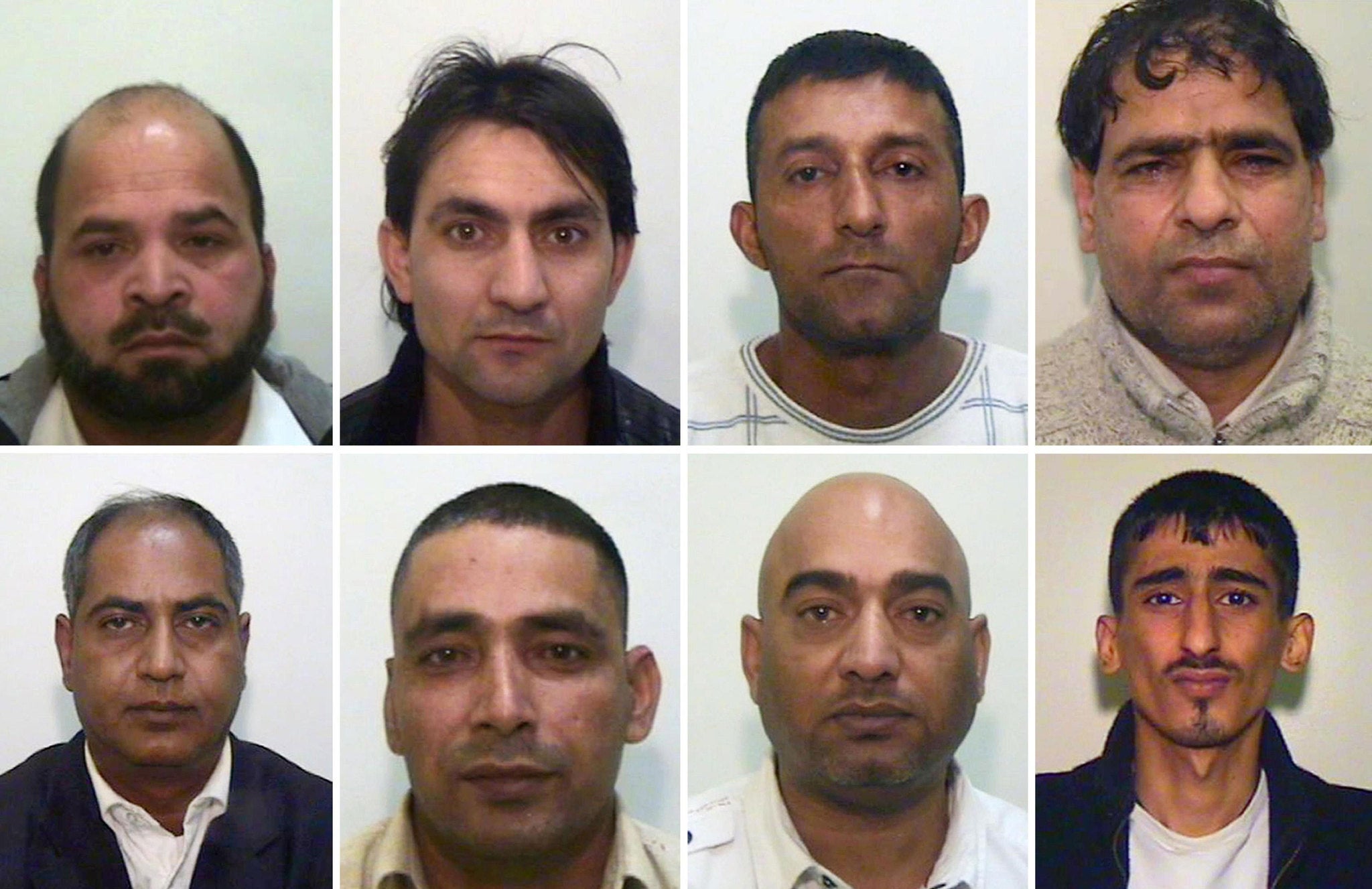MPs: authorities are still failing victims of sex-grooming gangs in wake of Rochdale and Rotherham scandals
Report says errors in Rochdale and Rotherham cases were 'inexcusable'

Victims of sex-grooming gangs are subject to a post-code lottery, with authorities in parts of the country still failing to protect vulnerable children, a group of MPs reports today – years after the failures of Rochdale and Rotherham councils to stop the sexual abuse of young people in their care.
Police, social workers and prosecutors all share responsibility for continuing problems with the nationwide and growing issue, according to a study into localised grooming. Many authorities did not routinely interview vulnerable youngsters who had run away from children's homes – which could reveal if their disappearances were linked to predatory groups of men, according to the study which cited Freedom of Information requests.
The councils of Rochdale, in Greater Manchester, and Rotherham, in South Yorkshire, came in for the strongest criticism in the report, which said they were "inexcusably slow" to recognise the widespread organised sexual abuse of children by gangs of Asian men. The MPs also criticised the Government for failing to expand the use of pre-recorded courtroom cross-examinations of vulnerable victims, although legislation was passed 14 years ago to allow it.
"Despite recent criminal cases laying bare the appalling cost paid by victims for past catastrophic failures, we believe that there are still places in the UK where victims of child sex exploitation are being failed by statutory agencies," said the report by the Home Affairs Select Committee.
"Belatedly, agencies have made positive steps to try and improve the situation, but there is no doubt that both in terms of support for victims and prosecution of offenders, a post-code lottery still exists and agencies are still failing to work effectively together."
In the wake of the report the NSPCC called for a change in the culture throughout the criminal justice system.
The committee blamed a "woeful lack of professional curiosity or indifference" to the issue from senior council executives in Rochdale, where nine men were convicted in 2012 of offences linked to grooming. The MPs said they were astounded by the lack of knowledge shown by the former Rochdale council chief executive Roger Ellis about the issue. The report said that Mr Ellis should repay the £77,000 redundancy payment he received after he left the job in 2011.
Despite improvements in the response to child-sex cases, the MPs said they were concerned that Rotherham had failed to secure any prosecutions since five Asian men were jailed for grooming young girls for sex in 2010.
The MPs said there appeared to be a model of grooming by men of Pakistani backgrounds, but officials failed to draw attention to the issue because of concerns about the impact that it would have on community tensions. Victims were often underage white girls from vulnerable backgrounds, they said, who were coerced by mostly Asian men into sex through the use of drugs, alcohol and violence.
"The condemnation from those communities of this vile crime should demonstrate that there is no excuse for tip-toeing around this issue," the MPs said. "It is important that police, social workers and others be able to raise their concerns freely, without fear of being labelled racist."
The report followed high-profile cases in Rotherham and Rochdale and the conviction of seven men from Oxford, who were found guilty last month of offences linked to child sexual exploitation. David Tucker, the head of policy for the NSPCC, said: "This report is a damning indictment of systemic failure to protect vulnerable young people from horrific sexual abuse. The victims in recent child sexual exploitation cases were too often ignored or treated as troublemakers.
"There now needs to be a culture change among police, CPS, the judiciary, and all child-protection professionals, so they better understand how grooming gangs operate, and how young people's behaviour could be a sign they are at risk of, or suffering, sexual exploitation."
The MPs called for special courts and more special measures to protect the victims to be introduced by January next year. Measures include judges limiting the time that young girls could be cross-examined because of concerns that they will face traumatic questioning from a series of barristers representing different members of the gang.
The Government said it was in discussions over ways to improve the treatment of vulnerable victims in court. The Home Office said: "This Government is absolutely committed to tackling child sexual exploitation… The department will consider the report and if further action is needed then we will take it."
Subscribe to Independent Premium to bookmark this article
Want to bookmark your favourite articles and stories to read or reference later? Start your Independent Premium subscription today.
